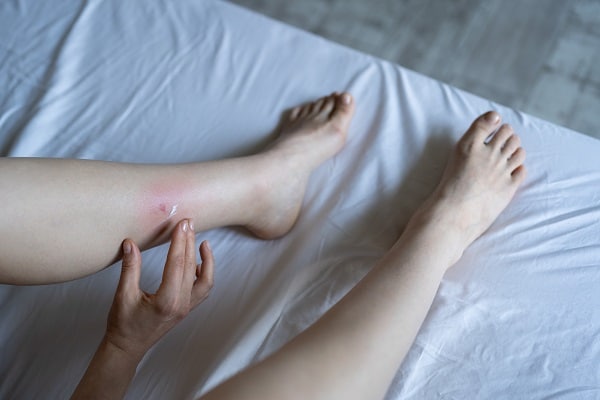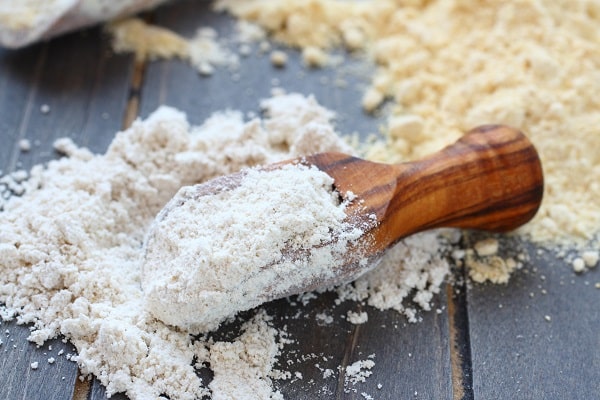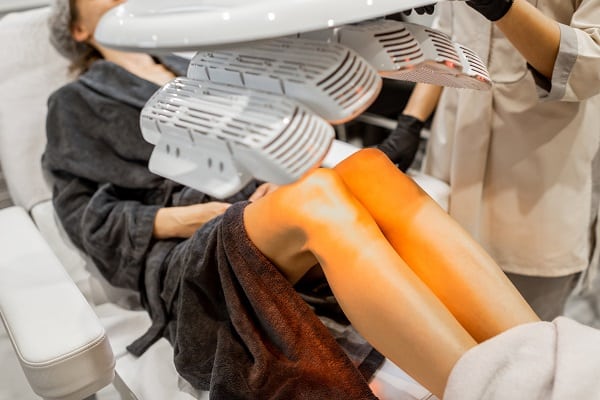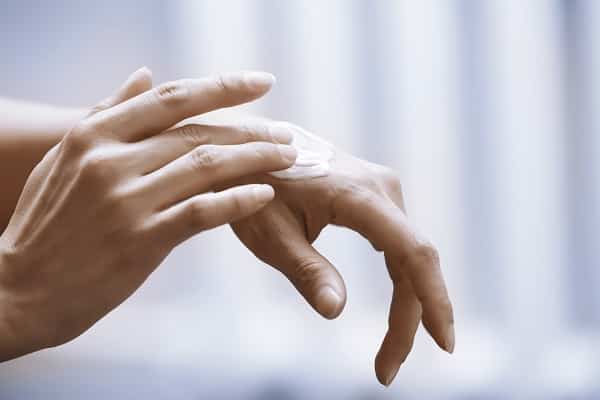If you are one of the millions of people who suffer from eczema, you know how frustrating and embarrassing it can be. Luckily, there are many different ways to treat eczema, both medically and naturally, so finding relief is possible. While each treatment has its own set of pros and cons, it is crucial to understand all of your options in order to make the right decision for you. This article is here to provide you with a brief overview of some of the most common treatments.
Contents
What Is Eczema?

Eczema is a chronic skin condition that causes the skin to become dry, itchy, and inflamed. The exact cause of eczema is unknown, but many doctors believe it is due to an overactive immune system. People with eczema often have a family history of the condition, and it is more common in people with allergies or asthma. There are several different types of eczema, but the most common is atopic dermatitis.
This type of eczema usually begins in childhood and is characterized by dry, red, and itchy skin. In severe cases, the skin can crack and bleed. While there is no cure for eczema, it can be controlled with medication and lifestyle changes. The following section will discuss some of the most common treatments.
Treatment Methods For Eczema
As mentioned above, eczema is a non-curable disease; however, there are many ways to manage the symptoms and keep the condition under control. Some people may only need to use one treatment method, while others may need to use a combination of several different methods. The most important thing is to find what works for you and stick with it.
Topical Steroids

Arguably the most common treatment option is the use of topical steroids. Topical steroids are corticosteroids that are applied directly to the skin. They work by reducing inflammation and suppressing the immune system. This can help to reduce itching, redness, and swelling. Topical steroids are available in a variety of strengths, from mild to strong. The strength of the steroid you need will depend on the severity of your eczema.
Topical steroids can be very effective at treating eczema, but you should only use them as directed by a doctor. Overuse of topical steroids can lead to side effects such as thinning of the skin. If you are considering using topical steroids to treat your eczema, be sure to talk to your doctor first.
Colloidal Oatmeal

If you suffer from eczema, you’re probably all too familiar with the itchiness, redness, and dryness that can come with this skin condition. However, one natural treatment that you may not have considered is colloidal oatmeal. Made from grinding oats into a fine powder, many people find it to reduce inflammation and itching effectively.
When applied to the skin, colloidal oatmeal helps to create a barrier that locks in moisture and protects against irritants. It also provides relief from itching and irritation. So if you’re looking for a natural way to treat your eczema, colloidal oatmeal may be worth a try. Just be sure to consult with your doctor first to ensure it is safe for you to use.
Phototherapy

Phototherapy, also known as light therapy, is a type of treatment that uses ultraviolet (UV) light to help reduce the symptoms of eczema. In some cases, phototherapy can help improve the skin’s appearance and relieve symptoms. The UV light helps to decrease inflammation and promote healing. In addition, phototherapy can help to reduce the proliferation of bacteria that can worsen eczema symptoms.
Phototherapy is only available in a doctor’s office or clinic, and treatments typically last between 10 and 30 minutes. However, some people may require more frequent treatments to achieve results. If you are considering phototherapy for the treatment of eczema, you must first speak with your dermatologist to see if it is the right option for you.
Wet Wrap Therapy

Wet wrap therapy is a treatment for eczema that involves wrapping the affected area in wet bandages. The bandages help to lock in moisture and keep the skin hydrated. You can use wet wrap therapy on all parts of the body, including the face, hands, and feet. In most cases, you will use wet wrap therapy for a period of two to three weeks. The bandages are typically left on for 12 to 24 hours at a time and then removed so that the skin can be cleansed and moisturized.
Although wet wrap therapy can be uncomfortable, it is often very effective in treating eczema. In fact, many people who use this type of therapy see a dramatic improvement in their symptoms within just a few days. If you are struggling to control your eczema, wet wrap therapy may be worth considering.
Barrier Repair Moisturizers

Barrier repair moisturizers are a type of treatment that can help heal eczema and keep it from returning. These moisturizers work by replacing the natural oils in your skin that are lost when you have eczema. This helps to heal the dry, cracked skin and protect it from further damage.
In addition, barrier repair moisturizers can help to strengthen the skin’s natural barrier, making it less likely to become irritated in the first place. If you’re suffering from eczema, you may find that this treatment can help you to get your symptoms under control. However, it must be noted that while symptoms may improve, eczema is a chronic condition that cannot be cured.
Apple Cider Vinegar

Apple cider vinegar has long been a natural remedy for various ailments. Recently, it has also been gaining traction as a treatment for eczema. While research on the efficacy of apple cider vinegar for this purpose is limited, some studies have shown promising results. For example, one study found that apple cider vinegar was effective in reducing itching and inflammation associated with eczema.
Another study found that applying a solution of apple cider vinegar and water to the skin helped to reduce bacteria growth and improve healing. If you are considering using apple cider vinegar to treat your eczema, be sure to speak with your dermatologist first. They can help you determine if it is safe for you to use and how to best apply it to your skin.
Treatment Options Are Available For Your Eczema
There are a variety of different treatments for eczema, both medical and natural. If you are suffering from eczema, you must consult your dermatologist to determine the best course of treatment for you. In many cases, a combination of treatments may be necessary to achieve desired results. However, with the right treatment plan, it is possible to get your eczema under control and improve the quality of your life.


